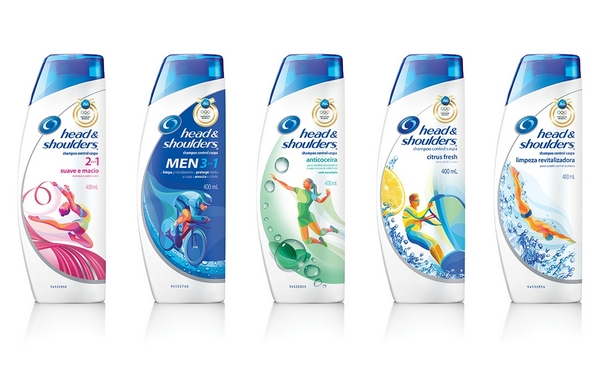Action Replay – Faster, higher, fraternity

The Olympics comes round every four years, and this time it was the turn of Paris. The French capital had hosted the Games twice before, in 1900 and 1924. The 1900 Games were only the second of the modern era, and they were run more by the French state than the International Olympic Committee (IOC). Quite apart from the nationalism that you might expect, there was emphasis on military applications, with the events including not just target shooting but also cannon-firing and ballooning (which had potential uses in terms of spying and so on). In 1924 forty-four nations competed, compared to just twenty-nine in 1920; Germany was banned from both these Games, because of the First World War.
Over two hundred nations were represented this year, but of course, capitalism being what it is, there is more to be said. Athletes from Russia and Belarus competed as Individual Neutral Athletes, without flags or anthems. There was also an IOC Refugee Olympic Team, consisting of athletes from various countries and reflecting the fact that there are millions of displaced people globally. ‘This unique project demonstrates the IOC’s commitment to standing with refugees and supporting them through sport at elite, but also grassroots, levels’ (olympics.com).
The city of Paris benefitted from the publicity and increased number of visitors. There were complaints that advantage was being taken of a captive audience, with increased prices for buses and the Metro, and also for attractions such as the Louvre and Eiffel Tower, plus higher tourist taxes in hotels. This was balanced, though, by a concern that some tourists might avoid Paris because of the congestion caused by the Games and increased security clampdowns. Visitor numbers did indeed drop in some cases.
Some of the ticket prices also gave rise to protests, with the most expensive tickets for finals in athletics and basketball being priced at €980. In response, it was stated that such prices helped make the lower prices for other tickets possible, with nearly half of those available priced at €50 or less, and one tenth at just €24. The cost of staging the Games was reduced by using existing venues and facilities where possible.
We should also point out that the Olympics are not just about sport, national rivalry and money-making. Over 200,000 condoms were provided in the Olympic Village. It’s probably not connected, but it may have been good to see that Head & Shoulders was adopted as the official Olympic shampoo.
PB
